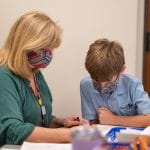There’s no right or wrong way to feel after receiving a dyslexia diagnosis for your child. The key is to remain patient with yourself and your child as you figure out what to do next. While knowing which steps to take after getting a dyslexia diagnosis can be confusing, the ReadSource is here to walk you through it. Read below to learn more about some helpful tips for what you should do after a dyslexia diagnosis.
Deciding on an Educational Strategy for Dyslexia
Deciding on a plan for education is one of the first hurdles parents must overcome after receiving their child’s dyslexia diagnosis. Depending on the severity of a child’s dyslexia, parents have several options to optimize their educational experience. For some students with more mild cases of dyslexia, certain accommodations in the classroom, like extended time on assignments or assessments or allowing for assistive technology, can make a significant difference in their ability to be successful. In many public and private school settings, it can be a time-consuming process for parents to organize helpful accommodations for their child after a dyslexia diagnosis. Talk with the psychologist who provides the dyslexia diagnosis and your child’s teacher to discuss beneficial next steps.
For other dyslexic students, an immersive dyslexia program with specially trained teachers may be the right fit. As a parent, you should consider your own observations, the educational opinions of the diagnosing psychologist, and feedback from your child’s teachers and tutors as you examine your child’s options. Choosing the right school option can be a difficult decision for parents to make, but keep your child involved and let them express their needs and desires when appropriate.
Learn Some Dyslexia Teaching Strategies
Even if you are not the primary educator for your child, immersing yourself in some basic dyslexia teaching strategies can give you the skill set to provide support at home when your child needs it. Additionally, learning what works and what does not work when teaching dyslexic students can help you advocate for your child in and out of the classroom. For example, many dyslexic students benefit from teaching strategies like developing skills gradually that build on each other, which can impact how you support your student’s work at home. The more you can learn about dyslexia, the more you can support your child and make their educational needs known. Over time as you encourage your child, they will be able to advocate for themselves in all environments.
Make Reading a Routine
After receiving a dyslexia diagnosis for your child, continue to promote reading at home! Most experts recommend around 20 to 30 minutes of reading every day, but you can supplement daily reading with other engaging activities as well. Especially in the early stages after a dyslexia diagnosis, read to your child as much as you can, encourage them to listen to an audiobook and follow along with their own copy, or guide them as they create a book list based on their interests and abilities. Emphasizing reading as a habit or part of a routine rather than a chore can help create a positive association with reading even though it may be challenging for your child.
Don’t Be Afraid of Dyslexia
Getting a dyslexia diagnosis from an educational psychologist or another professional can feel scary, as there is not a “cure” for dyslexia. However, this is a condition that many people not only live with but also thrive with. Parents should acknowledge the challenges that dyslexia presents, but should not associate it with fear or embarrassment. Use the word “dyslexia” with your child and encourage them to accept their unique challenge as something that makes them special. There are many gifts associated with dyslexia that can help your child succeed. Recognizing dyslexia for what it is and acknowledging the other amazing strengths of your child can help them develop self-confidence that they can use when reading or writing gets hard.
As a parent, it can be hard to know what the next right step is for your child after receiving a dyslexia diagnosis. But you are not alone! There is a network of parents and educators who have been where you are and can encourage you and your child on this journey.
ReadSource provides educational opportunities, training courses, and valuable resources to assist educators and parents of dyslexic individuals. In everything we do, we work to provide essential resources that help parents, teachers, and tutors empower individuals within the dyslexic community. Learn more about our initiatives, find answers to frequently asked questions about dyslexia, or continue your education through an online course or conference with ReadSource.
This blog was written with contributions from Ellen Hill.








Leave a Reply